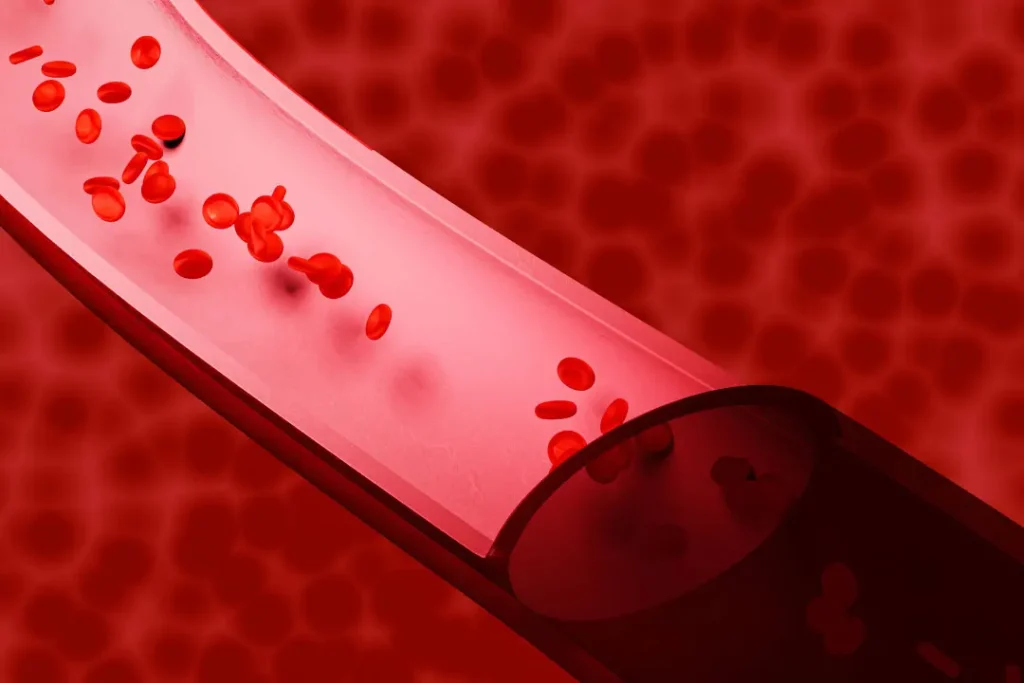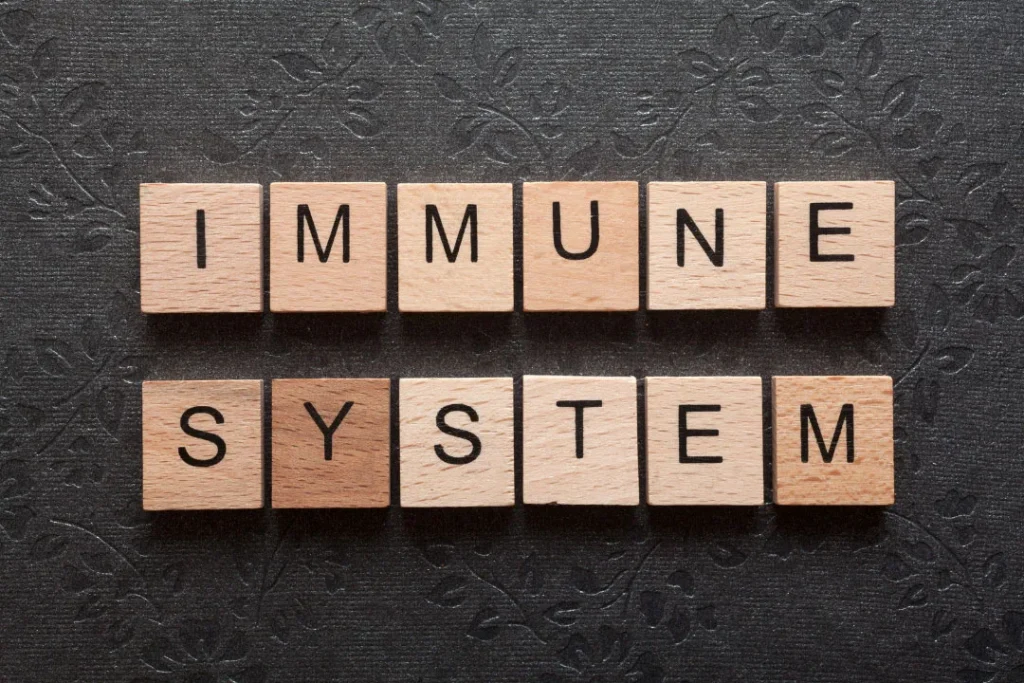Regardless of what you’re doing, the last thing you want is wounds and injuries to slow you down. An amino acid known as arginine can help.
Arginine, also known as L-arginine, is an amino acid commonly found in nuts and dairy, among other foods. Recent scientific research has revealed the central role of arginine in effective healing and wound recovery. Whether through reducing inflammation, improving immune functions, or boosting the creation of collagen, this amino acid can be a powerful boost to your wound recovery regimen.
This article will discuss the various aspects of arginine in wound healing, showing how this amino acid can speed up the recovery process. This includes how arginine in wound healing works. We’ll also discuss arginine’s impact on inflammation, collagen synthesis, the creation of new blood vessels, and immune function. Finally, this article will highlight some great sources of arginine in wound healing.
You May Also Like:
The Best Protein Supplements Without Artificial Sweeteners: 5 Top Brands Reviewed
The Best Sleep Supplements for Athletes: 5 Great Supplement Ingredients that Really Work
Arginine in Wound Healing: Harnessing the Power of this Amino Acid for Rapid Recovery is an original (HisHealthMag) article.
Understanding Wound Healing
The process of a wound naturally healing involves multiple steps. The four phases of wound healing are hemostasis, inflammation, proliferation, and remodeling. Each phase is crucial to the healing of damaged tissues. In some situations, effective wound healing can be more difficult. This can be due to various factors, such as a compromised immune system or chronic diseases.
Hemostasis begins with blood arteries constricting to reduce bleeding. Simultaneously, platelets combine to produce clots that seal the wound. During the inflammation stage, blood flow increases, and immune cells are used to remove waste. The next step, proliferation, involves the growth of new tissues. Finally, the newly created tissue grows and becomes stronger during the remodeling phase.
The wound healing process involves many different cells, growth factors, and molecules. The coordinated efforts of these parts ensure that wounds heal efficiently and with minimal scarring. However, various factors can influence the healing process. This includes the size and depth of the wound, the individual’s overall health, and some chronic conditions.
The Role of Arginine in Wound Healing in the Body
Arginine is a semi-essential amino acid. This means that although the body can make it, there are circumstances (such as stress or sickness) when outside sources are required. Additionally, arginine is a precursor to nitric oxide (NO). NO is a molecule known for its vasodilation properties – widening blood vessels by relaxing the cell walls. Vasodilation enhances blood flow to the wound site, ensuring better nutrient and oxygen supply. This increased supply serves to speed up the arginine in wound healing process.
The conversion of arginine to NO is aided by an enzyme called nitric oxide synthase (NOS). There are three main types of NOS, with endothelial NOS (eNOS) and inducible NOS (iNOS) being the ones most related to arginine in wound healing. The eNOS type helps in dilating blood vessels, while the iNOS type regulates the inflammatory response.

Arginine in Wound Healing and Inflammation
Inflammation is a crucial stage of wound healing, as it clears away debris and creates a good environment for tissue repair. There are two ways that arginine plays a role in inflammation. The first is by controlling the inflammatory response; this can reduce excessive inflammation. The second is by encouraging the activity of immune cells like macrophages. This can speed up wound healing.
During inflammation, macrophages play an essential role in the immune response. They act as a “cleanup crew” by consuming debris, bacteria, and damaged tissue. This prepares the wound site for healing. Arginine in wound healing can enhance the function of macrophages. Arginine does this by promoting an efficient inflammatory response.
However, our immune system can sometimes work against us. Because of this, arginine’s anti-inflammatory properties support a healthy immune response. An overactive immune response could potentially damage nearby healthy tissues. Arginine can help mitigate this overreaction, thus protecting uninjured tissues.
Arginine in Wound Healing and Collagen Synthesis
Another role of arginine in wound healing is its essential part in the creation of collagen.
Collagen is a protein that helps with the growth of new tissues. Additionally, collagen is the main component of the extracellular matrix, a network of macromolecules that gives tissues structural support. By promoting the production of collagen, arginine can make newly repaired tissues stronger.
Collagen synthesis involves several reactions, with arginine playing a significant role in this process. Arginine enables the effective synthesis of collagen molecules by acting as a precursor to proline, an essential element of collagen. This process is key to arginine in wound healing, as it helps rebuild damaged structures and form scar tissue.

Angiogenesis and Arginine in Wound Healing
Arginine is vital in angiogenesis – the process of creating new blood vessels. This is essential for wound healing, as it makes it easier for nutrients to reach the wound site and for waste to be removed. Additionally, arginine can improve blood flow through body tissues.
One of the key growth factors influenced by arginine is vascular endothelial growth factor (VEGF). VEGF plays a key role in angiogenesis. By promoting this growth factor’s production, arginine indirectly supports the formation of new blood vessels around the wound. Improved blood flow can provide nutrients and oxygen, as well as help remove waste products. This creates an environment that enables faster healing.
The Effect of Arginine in Wound Healing on Immune Function
Effective wound healing relies on an immune system that works properly. Specifically, arginine in wound healing can improve the immune functions of lymphocytes. These cells are essential to the proliferation stage of wound healing. Thus, arginine helps to prevent infection and encourage tissue recovery by boosting immune function.
Lymphocytes are a type of white blood cell. They help regulate the immune response and form new tissues. Arginine can serve to improve lymphocyte function. This can promote tissue repair and regeneration during the later stages of wound healing. Arginine has been shown to enhance lymphocyte function, thereby supporting tissue repair and regeneration.
Additionally, arginine’s support of the immune system can help prevent infections and other complications. This is critical, as infections could hinder the healing process and lead to further tissue damage.

ProTGold:
A Reputable Source of High-Quality Arginine in Wound Healing Products
ProTGold is one of the leading providers of arginine in wound healing. Their commitment to offering top-notch arginine products ensures that everyone can access this amino acid’s full potential. The company’s products are formulated to support various health purposes, including wound healing, athletic performance, and overall well-being.
ProTGold’s arginine products are carefully formulated to provide optimal benefits for wound healing. The company is dedicated to quality supplements and rigorous testing. This ensures that all of ProTGold’s products meet high standards for purity and effectiveness. You can see all of ProTGold’s products and varieties at their website.
Final Verdict
Whether from exercise, sports, or accidents, wounds can pose a significant challenge. However, simple solutions like arginine in wound healing may help put you on the road to recovery. Of course, you should always consult a doctor or go to the emergency room for more serious wounds. But for more minor injuries, simple remedies like arginine could be useful.
Adding arginine-rich sources to your wound care process may offer significant benefits. As research continues to expand our understanding of arginine, it’s clear that this amino acid holds great promise in enhancing our body’s wound healing.
As you explore your options for optimal wound healing, consider the vital role of arginine in this process. By harnessing the power of this essential amino acid, you can aid your body in its natural healing process. This can promote rapid recovery and enhanced overall well-being. In short, a recovery process boosted by arginine in wound healing can get you up and moving again sooner. That way, you can get back to what you do best.

Additional References
- National Library of Medicine – Role of Arginine and Omega-3 Fatty Acids in Wound Healing and Infection
- MDPI – The Effect of Amino Acids on Wound Healing: A Systematic Review and Meta-Analysis on Arginine and Glutamine
- MedicalNewsToday – The benefits and side effects of L-arginine
- Mayo Clinic – L-arginine
- Cleveland Clinic – L-Arginine
Important Note: The information contained in this article is for general informational purposes only, and should not be construed as health or medical advice, nor is it intended to diagnose, prevent, treat, or cure any disease or health condition. Before embarking on any diet, fitness regimen, or program of nutritional supplementation, it is advisable to consult your healthcare professional in order to determine its safety and probable efficacy in terms of your individual state of health.
Regarding Nutritional Supplements Or Other Non-Prescription Health Products: If any nutritional supplements or other non-prescription health products are mentioned in the foregoing article, any claims or statements made about them have not been evaluated by the U.S. Food and Drug Administration, and such nutritional supplements or other health products are not intended to diagnose, treat, cure, or prevent any disease.
